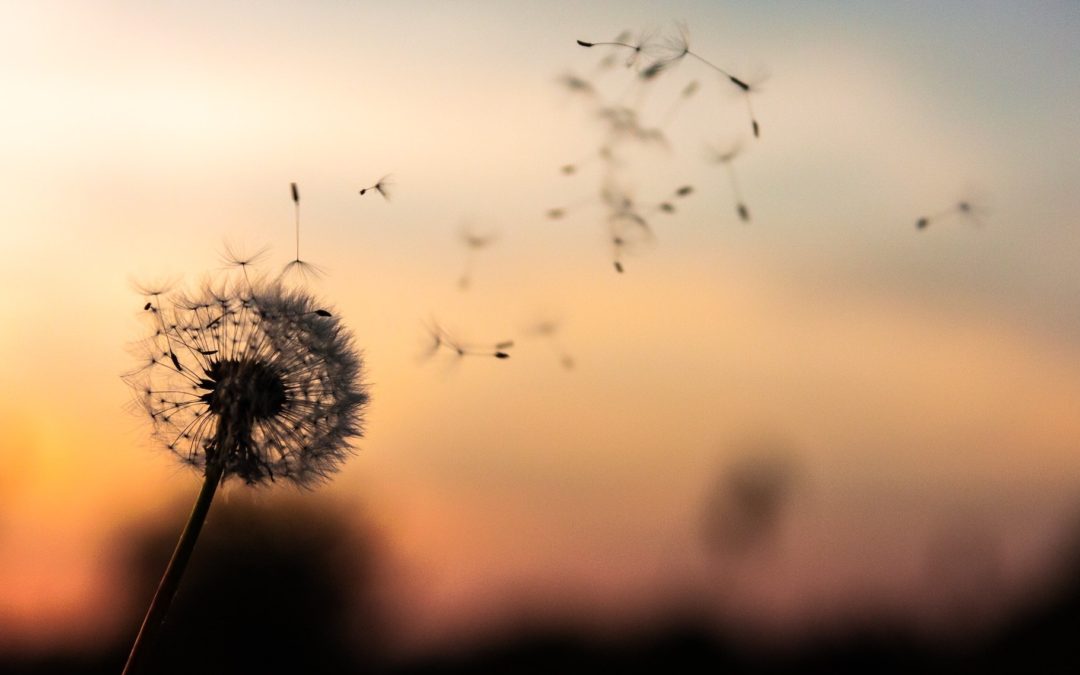
Mindfulness and Self-compassion with Deirdra Martinez of The Uplift Movement – Part Two
Deirdra is a holistic health professional and a cannabis health coach. She has a Masters in Public Health and is the founder of The Uplift Movement, “a resource for ‘higher’ health education and plant-assisted therapy.” Through her work, Deirdra empowers her clients to find relief from chronic health conditions, anxiety, depression, eating disorders and addiction by using plant medicine, dance, yoga, mindfulness and self-compassion. Deirdra’s own life has been transformed by these practices and therapies, and she is passionate about sharing them with others.
You use mindfulness and self-compassion practices as part of your holistic health coaching. You do a lot of different kinds of coaching and teaching from Cardio Dance to Yoga, and you also do mindfulness-based coaching around food and nutrition, which I think is really interesting because so many people do sort of eat mindlessly.
How did you get into that and can you tell us more about it?
Most people do eat mindlessly, that’s really common. It’s interesting because I had always struggled with my weight, pretty much my whole life, and even when I was dieting and cutting out carbs and exercising every day, it was always so hard and I would yo-yo all the time. But, my Dad’s wife is just so thin and eats whatever she wants and she would always say it was her genes, but I wasn’t convinced. I think genes are an easy way for people to explain that, but I noticed that she was just a very mindful eater; she ate slowly, she took her time, she didn’t watch TV while she ate, she focused on her meal, she allowed herself to eat whatever she wanted, there were no restrictions. I think that inspired me and I got very curious about that, about her habits and her approach to eating.
So, I found a program called The Psychology of Eating and I decided to do a certification with them. It was a six month program and it started to introduce me to Eastern philosophy and Yoga and even mindful eating. They didn’t really call it “mindful eating”, but that is basically what they were talking about, intuitive eating…basically all these different forms of eating and nutrition. It wasn’t necessarily about trying to figure out the right diet; it was about healing our relationships — our relationship with food, our relationship with our bodies, even our relationships with family.
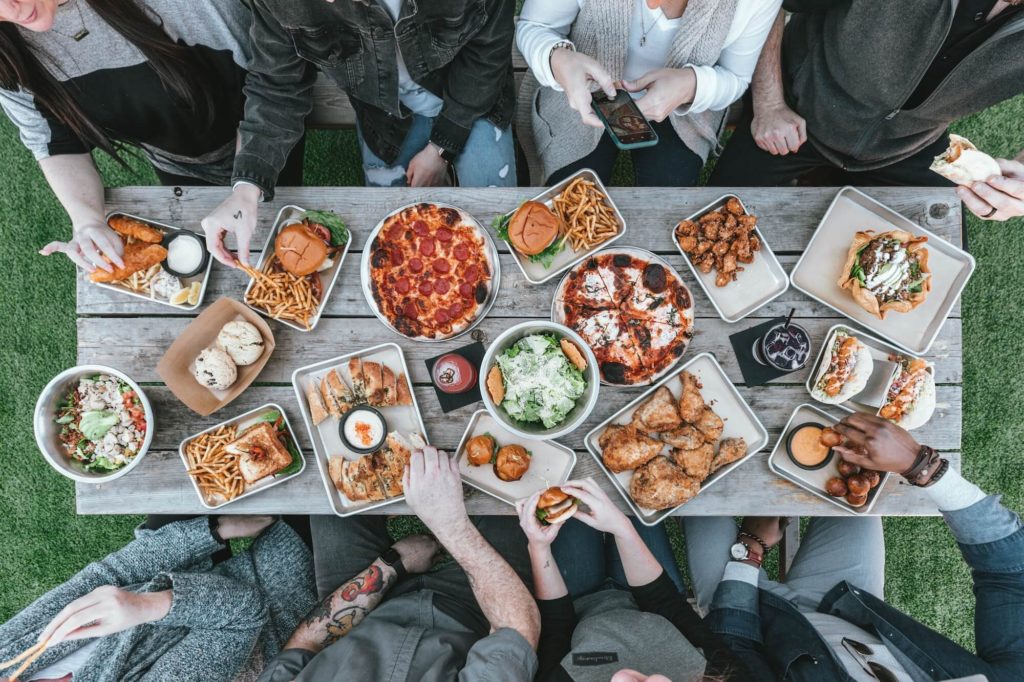
Mindfulness and self-compassion can change your relationship to food
For me, my background was in fitness and diets, and having done basically every diet, I thought “wow, this is weird and this is deep and this is good and I like it, but it’s terrifying”. I didn’t know if I could really be without a diet or really go one day without weighing myself…I honestly didn’t know if I could do it. But, I had spent so many years doing those other things and none of it had ever worked, so I thought I might as well try something else. And it was tough, especially within the first six months of finishing that program because it was all about learning things in a new way, having a different perspective, trying to not revert back to those old, familiar habits when I wasn’t getting results right away.
I think fate works in interesting ways because, what ended up happening is that I got injured from teaching Zumba again — which would happen to me all the time because I over-exercised — so I couldn’t teach. All I could do was Yoga, which is how I got into Yoga and then trained to become a Yoga teacher and then that’s how I met the mindfulness person. So, that’s sort of how I brought everything together and created a foundation for my own coaching practice.
What I found was that a lot of people would say “oh, I eat mindfully”, but they don’t really know what that means; they’re still eating fast, not chewing enough, watching TV while they’re eating, they don’t breathe enough while they eat, they have anxiety about what they’re eating, wish they could be eating something they might enjoy more…basically they’re not present. I started to notice all of that, and I had my own experience of it as well, and I thought “wow, we need some help here.” We eat for all sorts of reasons that have nothing to do with hunger, right? We eat to cope and to soothe, or because we’re having fun or because we have social anxiety. It’s a hard thing to really help people connect the dots with. People get set in their ways, it’s very hard to change habits, even when the habits are creating conflict and what can come from it, like obesity and eating disorders…but it’s just hard for people to change.
In that sort of instance, do you think teaching people mindfulness and self-compassion first, not around food but just in general, helping them have daily mindfulness and then applying it to the food mindset afterwards, is that beneficial?
Yes, exactly! That’s kind of my angle with most of my clients and it works. Taking the focus off the actual dieting and weight and feelings about food, just teaching people to breathe and pay attention to their body. A lot of times what’s driving the anxiety around food is just the inability to manage stress. So, just teaching people how to have awareness and acceptance, mindfulness and self-compassion, teaching them letting go is okay…all those tools, which are simple but they’re difficult to implement. But, if you practice them regularly, they eventually trickle down to all the other areas in our lives that we struggle with.
“Teaching people to have awareness and acceptance, mindfulness and self-compassion…all those tools which are simple but difficult to implement. If you practice them regularly they eventually trickle down to all areas in our lives that we struggle with.”
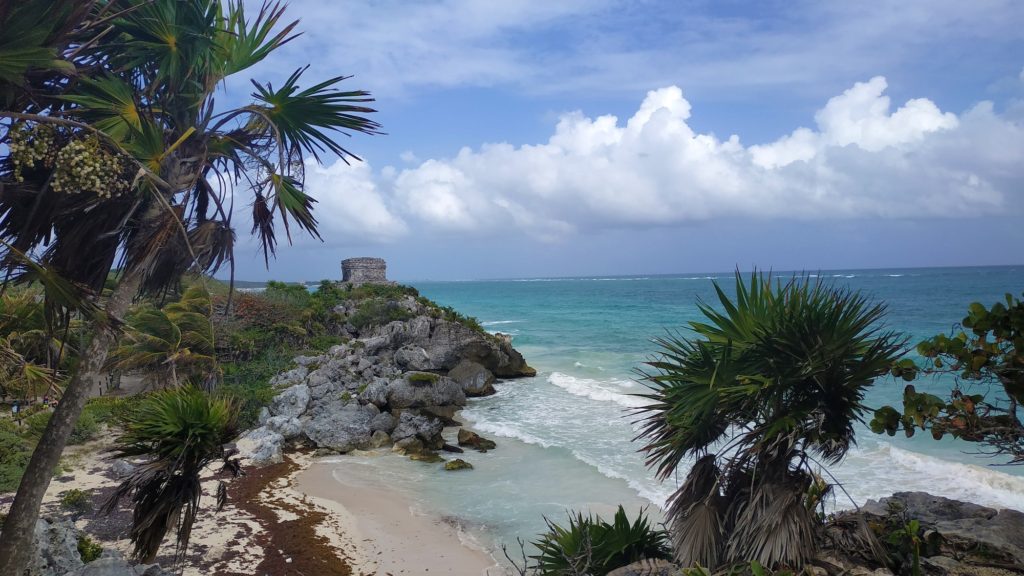
Deirdra dedicated herself to practicing awareness and self-love in Tulum
I remember you telling me about a trip to Tulum and you decided during that trip that you were just going to go with the flow and practice acceptance, especially self-compassion and self-love. I think that’s such an incredibly mindful way to approach travel.
Can you tell us more about that experience of mindfulness and self-love?
Yes! I did a 30 day self-love challenge and, within that period, I had that trip to Tulum. Actually, I think my challenge kicked off in Tulum. It was funny because I was in my Yoga teacher training already — I hadn’t started the mindfulness yet, but I learned later that this kind of self-awareness is part of mindfulness — and I had binged on all kinds of Mexican food, I just went on a food fest, and I was beating myself up about it. My friend said to me “why do you do that? You take all the fun out of it. You need to just enjoy it, if you’re going to do it!” It was sort of a wake up call for me, something clicked and I realized it was true. So I asked myself what would happen if I didn’t do that…what if I just stopped beating myself up about that kind of stuff and just loved myself in every moment? And it completely changed everything, my trip, my perspective, it was a whole, huge shift. Learning to be gentle with myself and loving myself and just letting myself be okay.
When I say the term ‘mindful traveler’ what does that evoke for you?
You know, I hadn’t really thought about it before, but I would say when I went to Tulum that time, there were different layers of mindful travel in that experience. If I were to travel mindfully, I would do that same sort of thing, where I just go on a trip open and adventurous and go with the flow…I mean, I might want to pick the places I’ll stay at in advance but, supporting small businesses, supporting the local culture, looking at different ways to give back, because I wouldn’t want to be mindless and take advantage of any culture or the locals in any way. I’d want to be very intentional, and participate and be mindful in how I interact with the culture and how I’m present with them.
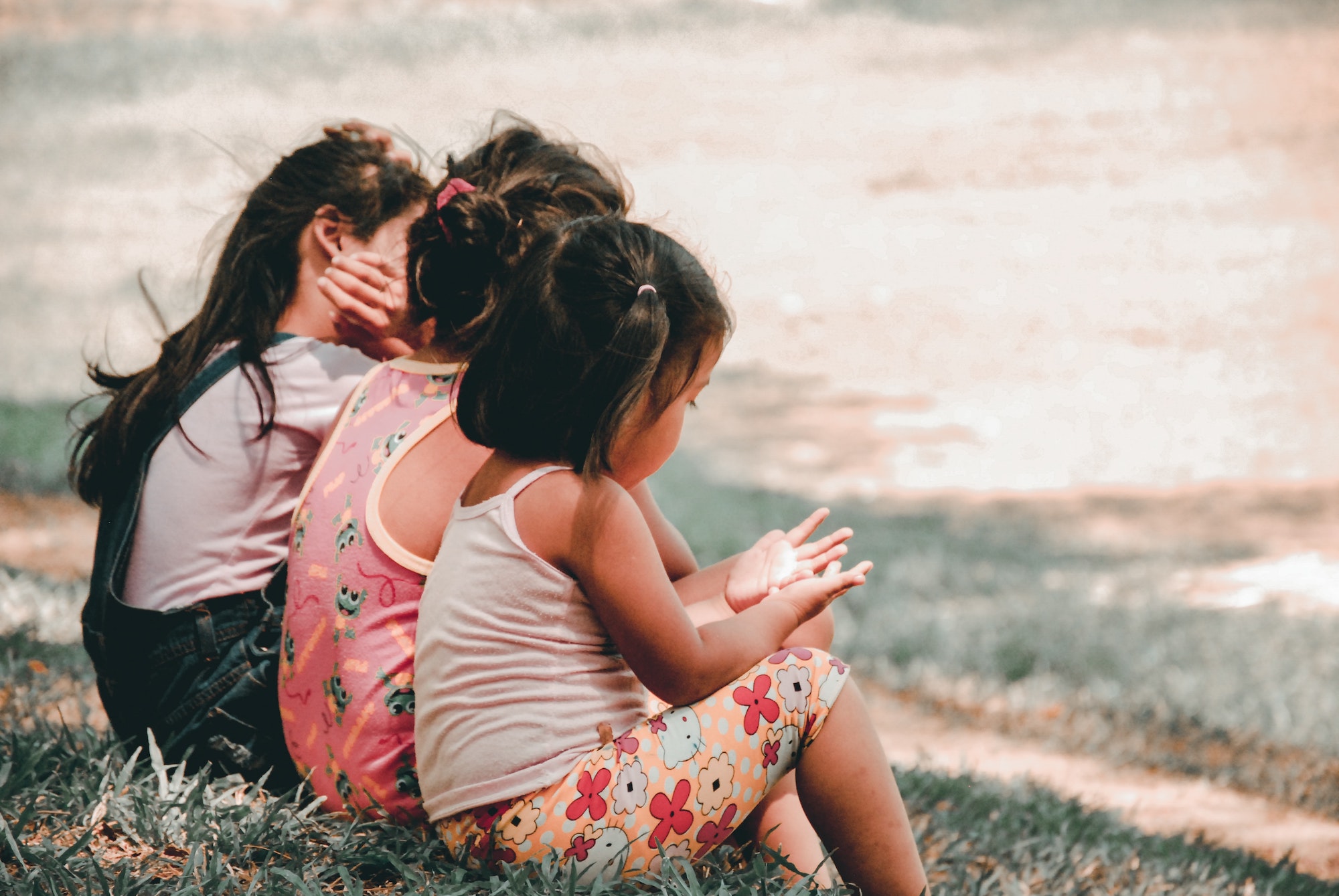
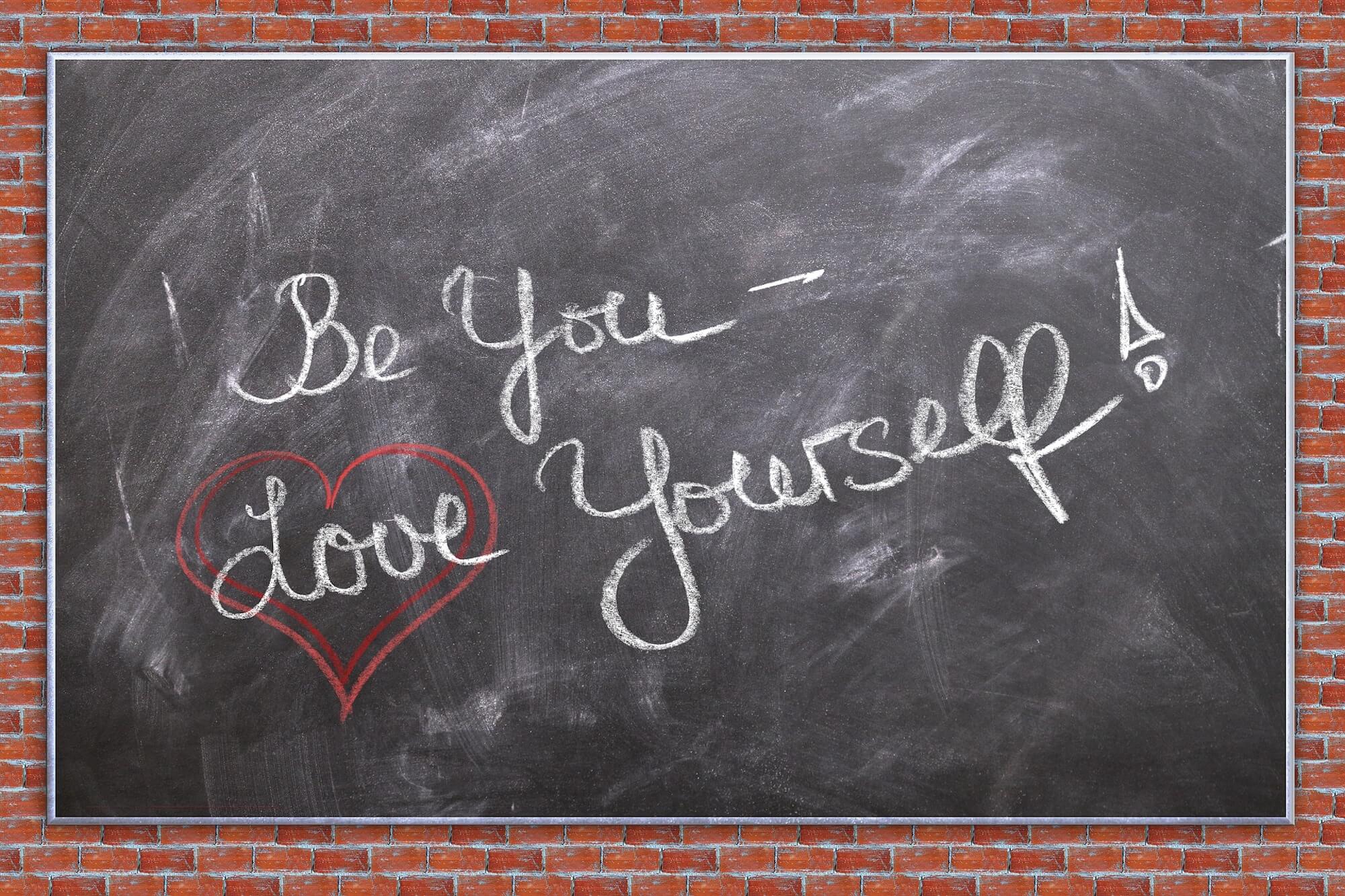
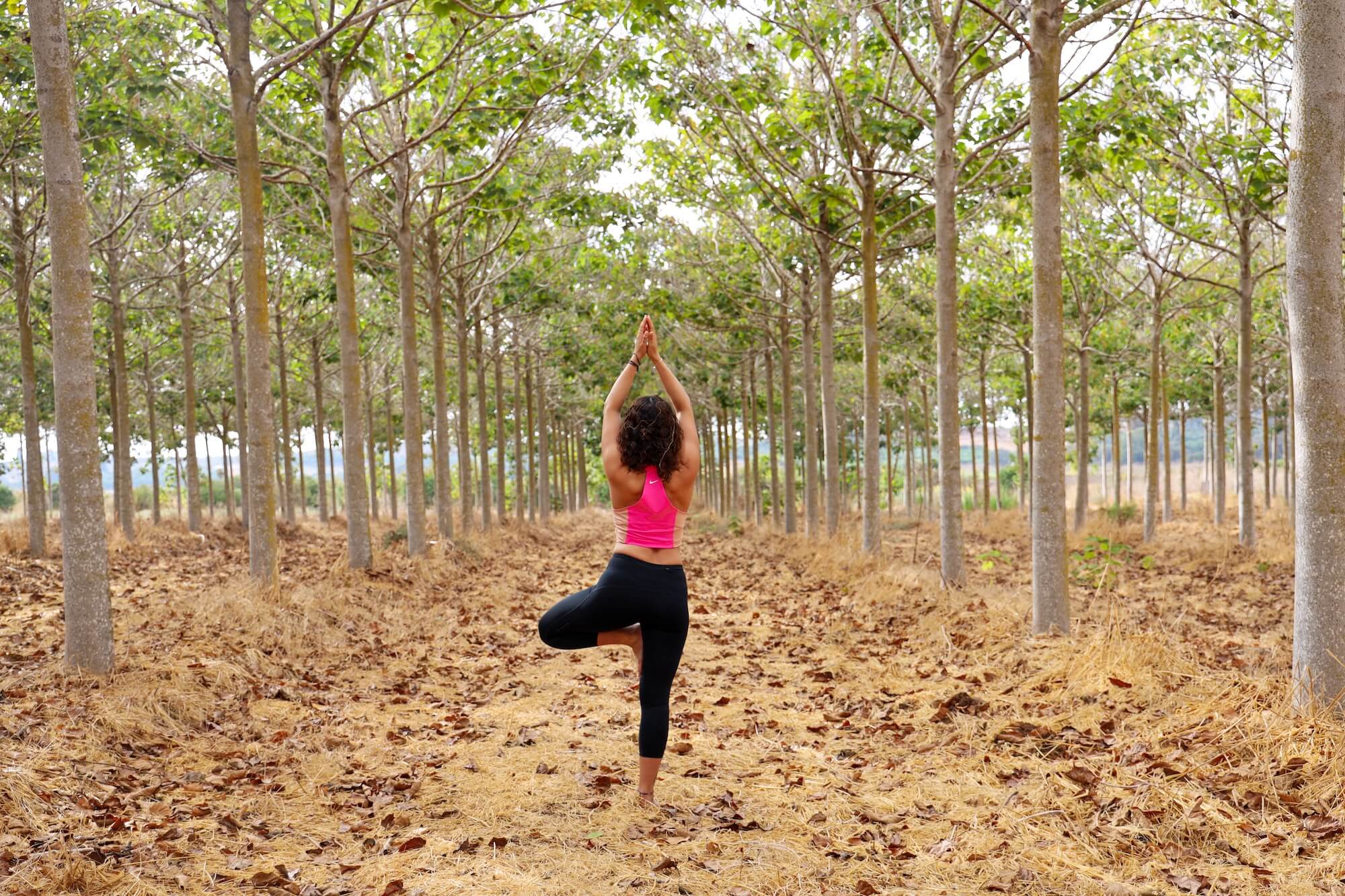
Something else I’ve been thinking a lot about is how teaching kids to be mindful and have self-compassion from a young age could help them be so much better prepared later to deal with life.
What are your thoughts around that?
Absolutely! It’s interesting because I think sometimes, as adults, we think kids aren’t going to be into this stuff, that they have so much energy, they’ll be easily distracted. But I have friends who are teachers and they practice mindfulness and Yoga in class and they say that their students actually really enjoy how it makes them feel. They really benefit from it. It also creates that sense of awareness at such a young age, which can be so powerful to have that available when you’re so young. I think it’s important to get the whole family involved too, because it’s really the family that has to be supportive.
That’s true and it’s an interesting point.
Did you ever get any pushback from anyone in your family when you were getting into mindfulness, or was everyone generally supportive?
When you’re studying this stuff, you’re not preaching it as the “best way”, it’s more that you want to just embody it. It’s interesting because, whenever you do some sort of personal growth work, other people can internalize it as “oh, you think something’s wrong with me because I’m not doing that?”. But it’s never about criticizing other people — that’s another part of mindfulness and self-compassion, there’s no judgement. So it’s something that I’ve always been pretty cautious about, trying not to preach or judge but just approach it more from a loving place, you know? There are a lot of lessons to be learned from all this mindfulness stuff. Enough for a lifetime!
You can follow The Uplift Movement and Deirdra on @theupliftmovement

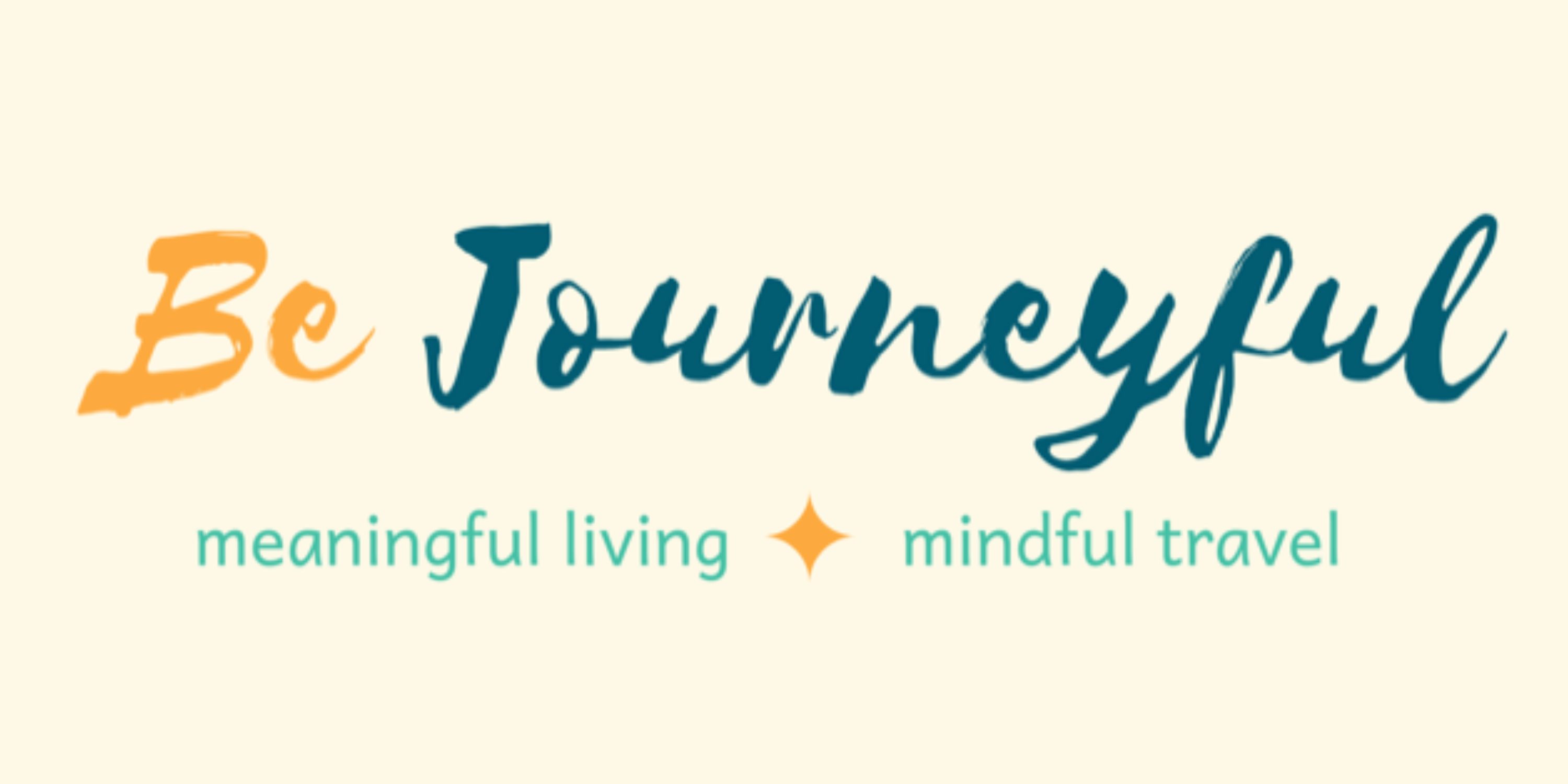

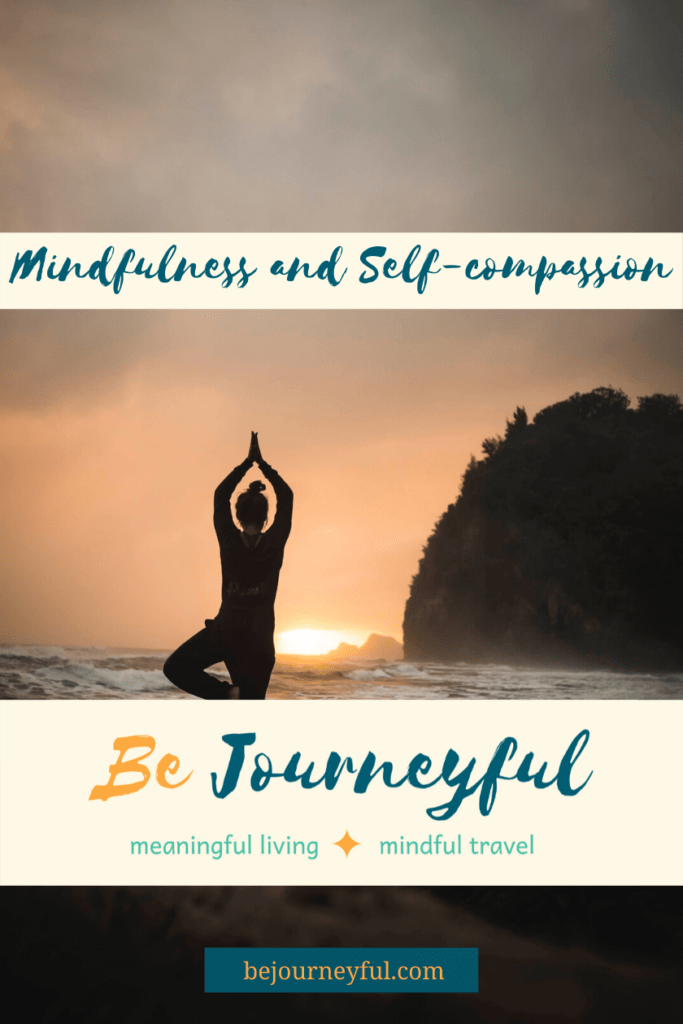
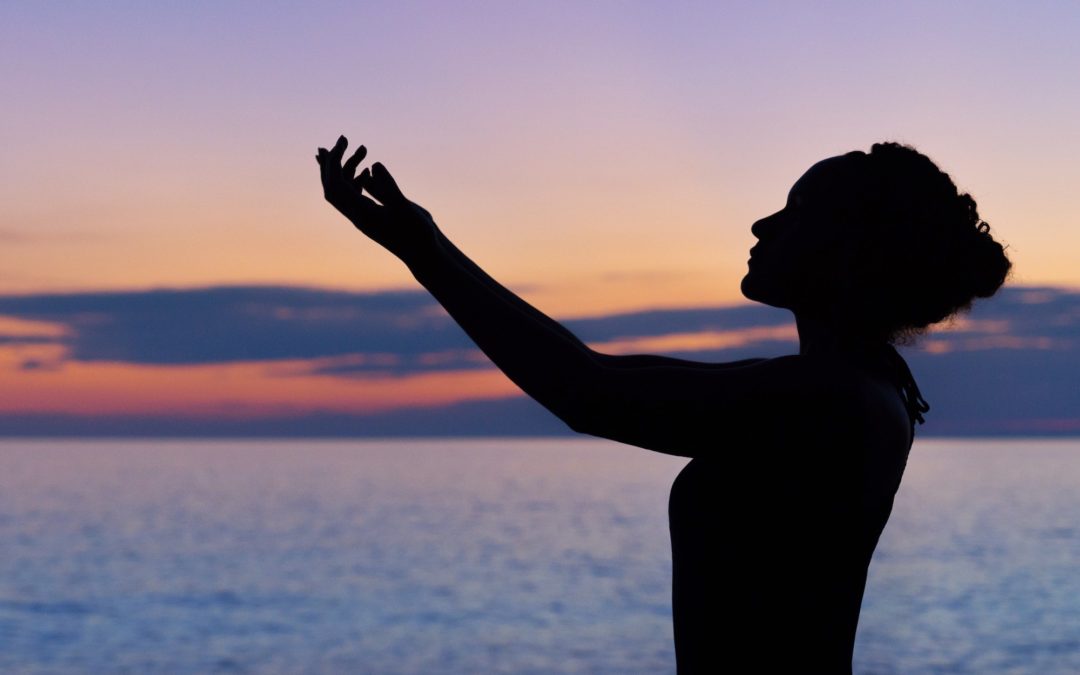
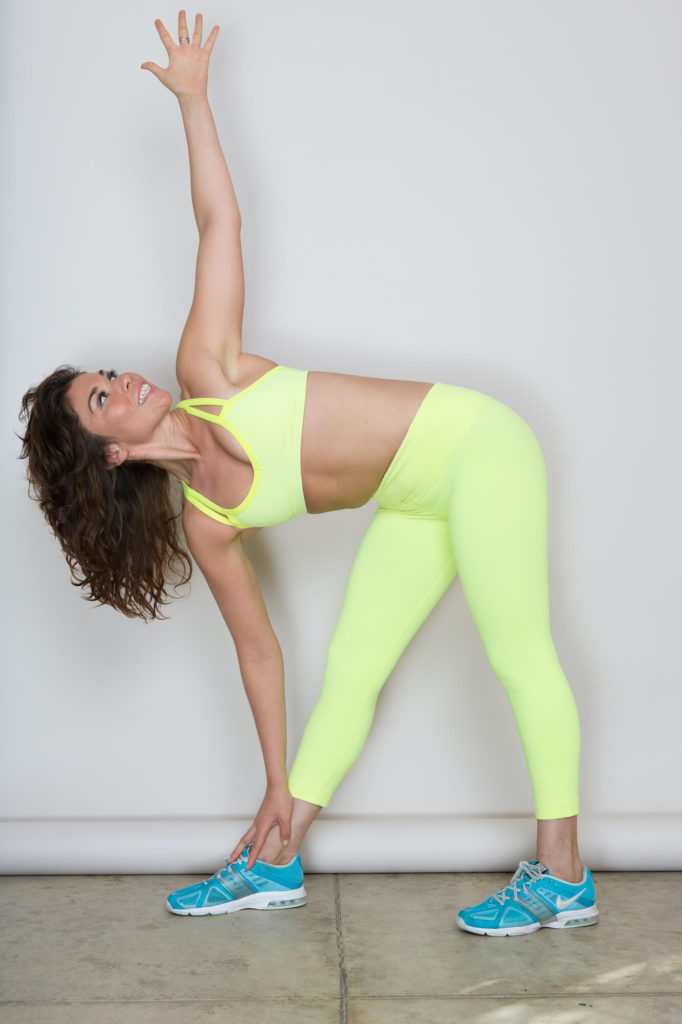
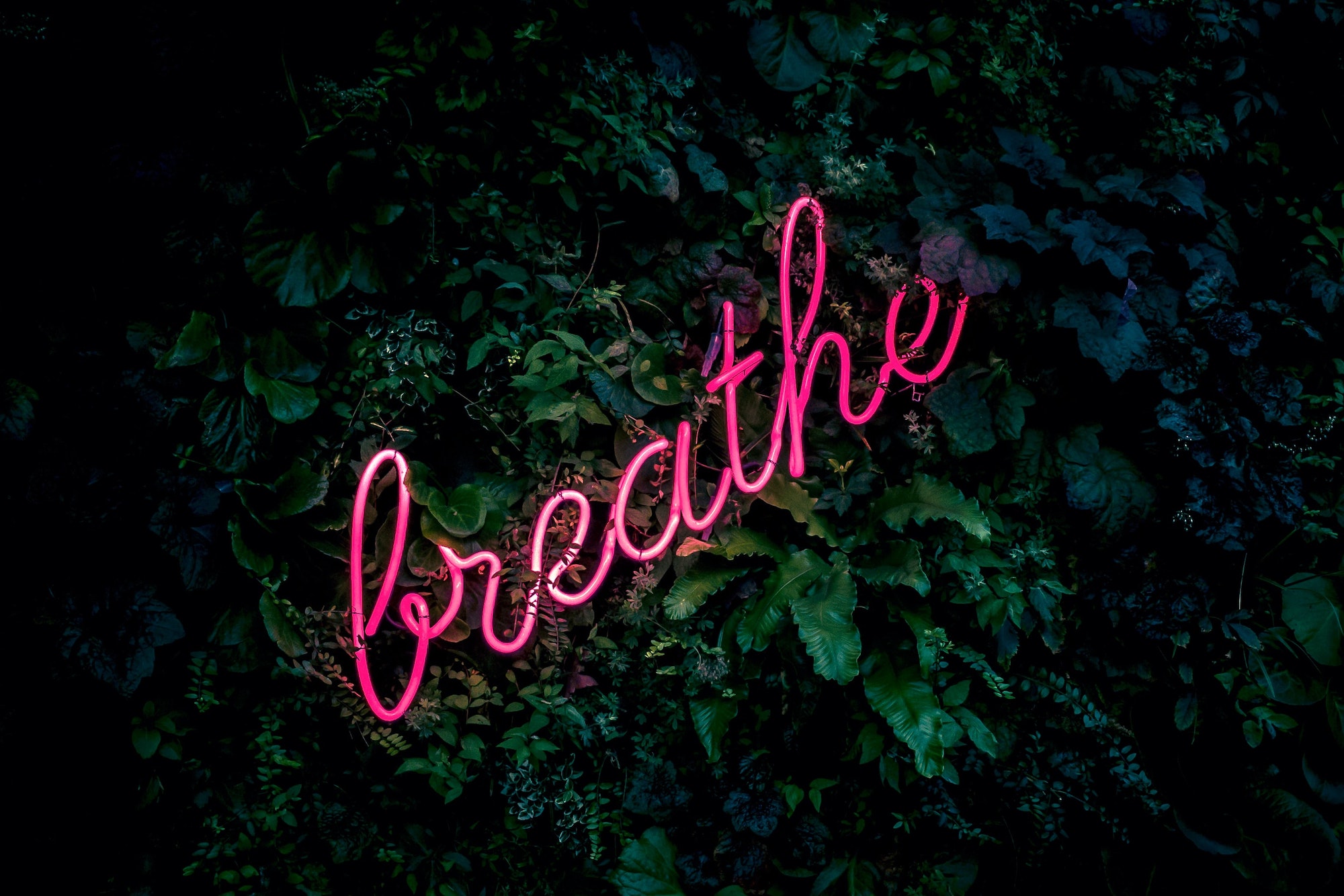
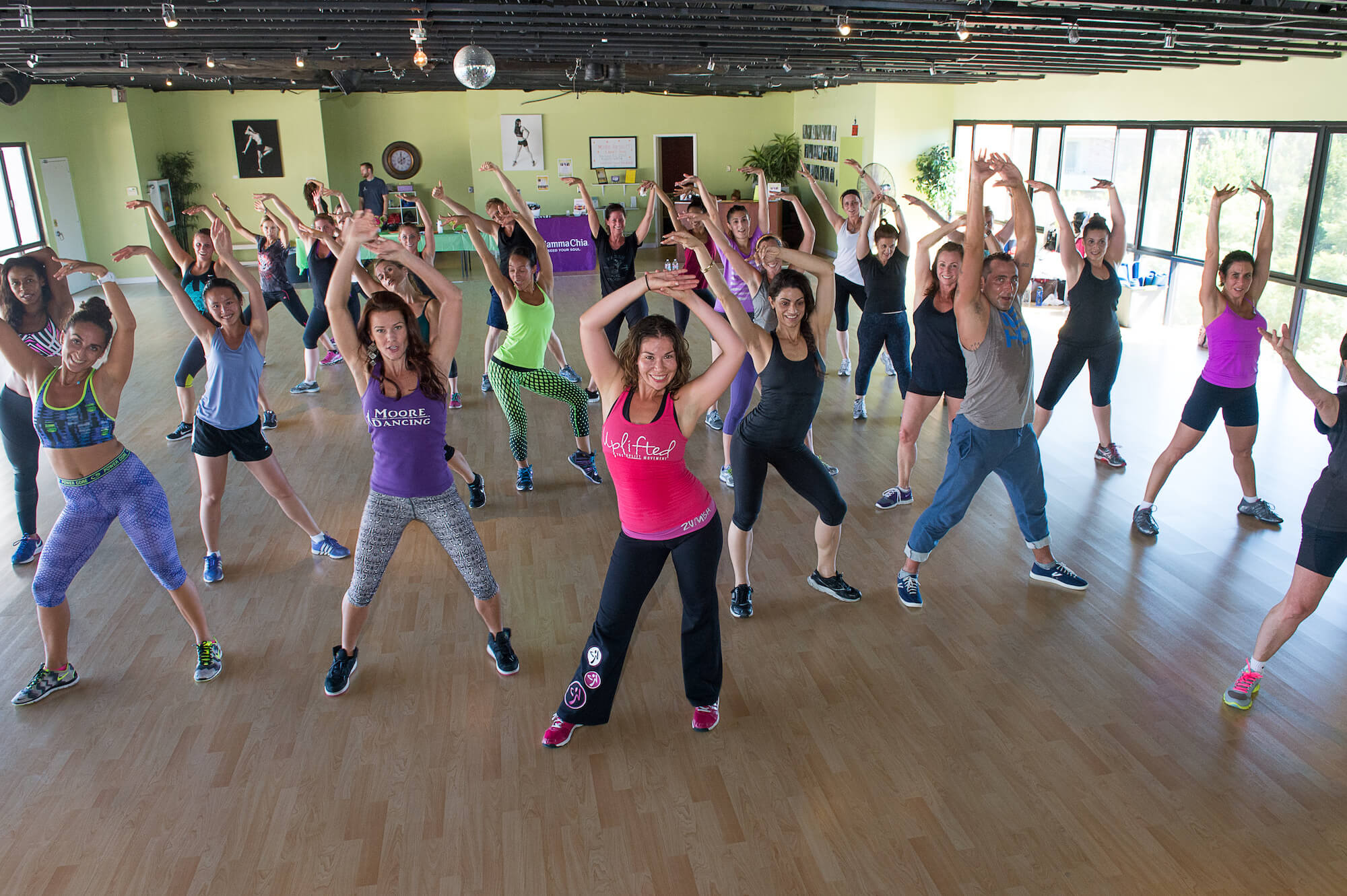
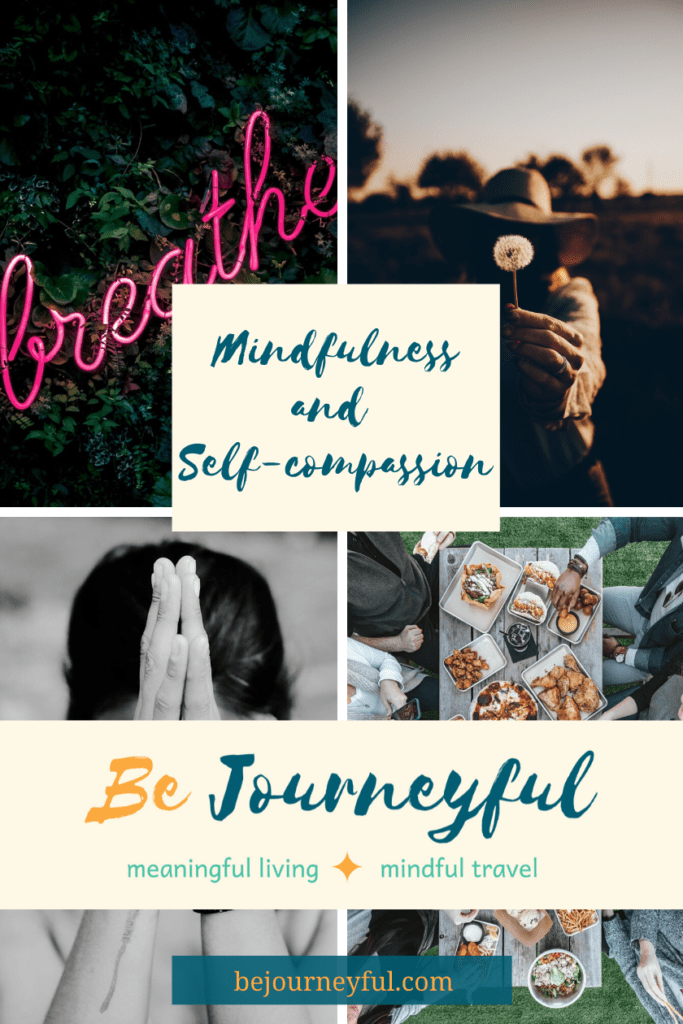
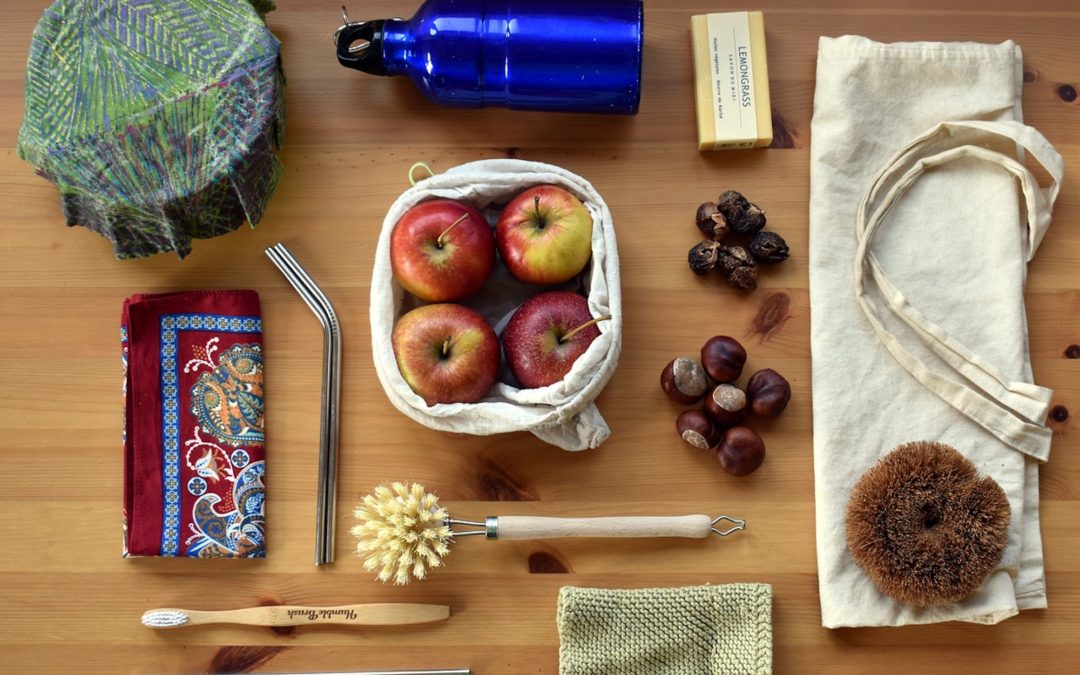
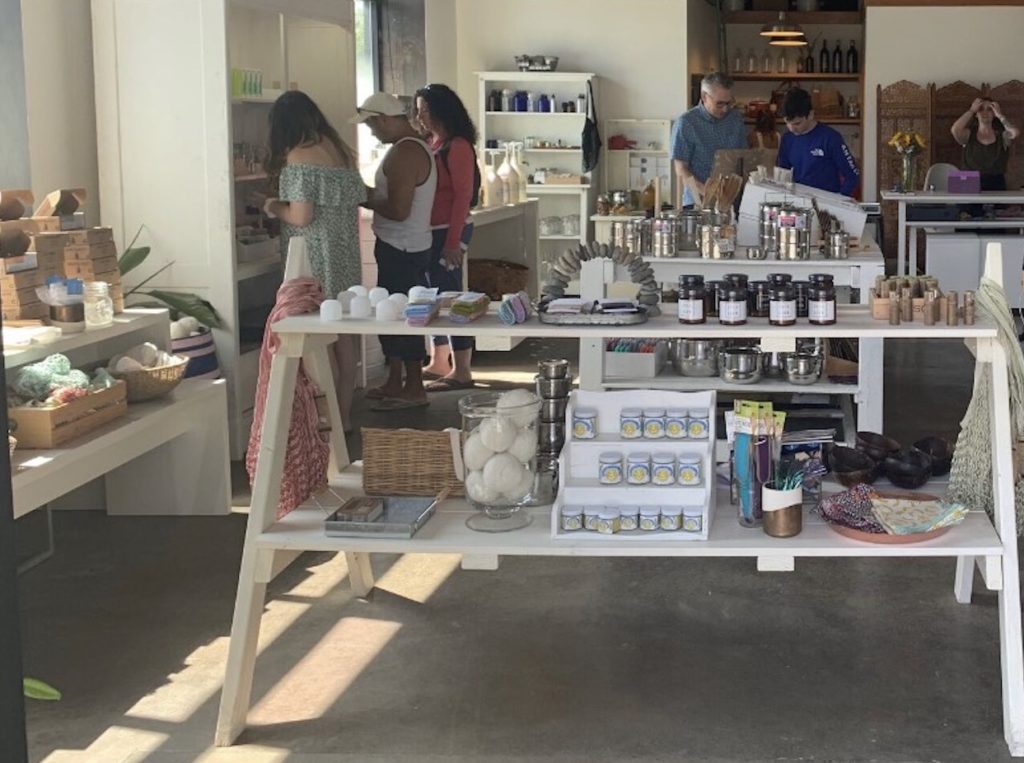
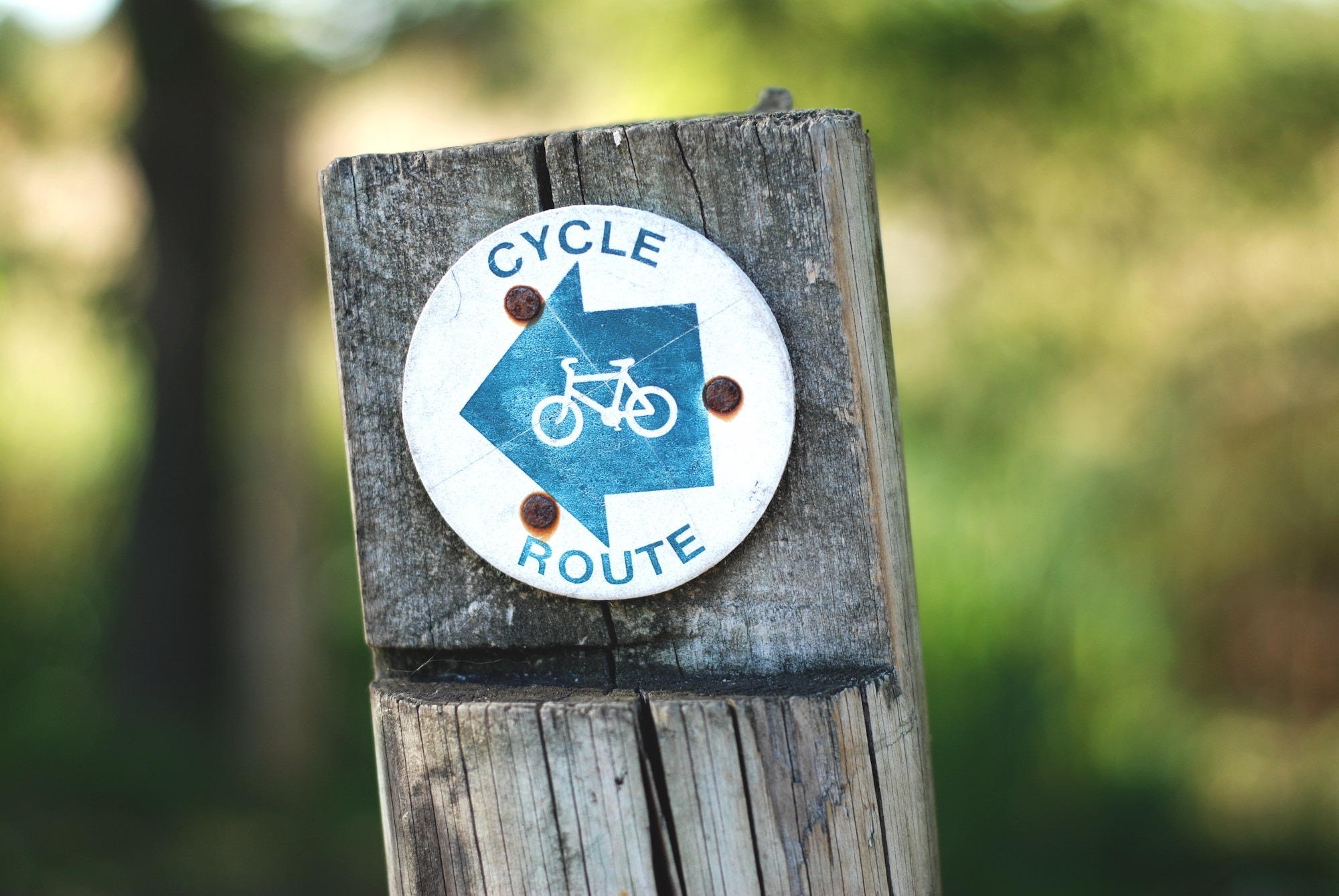

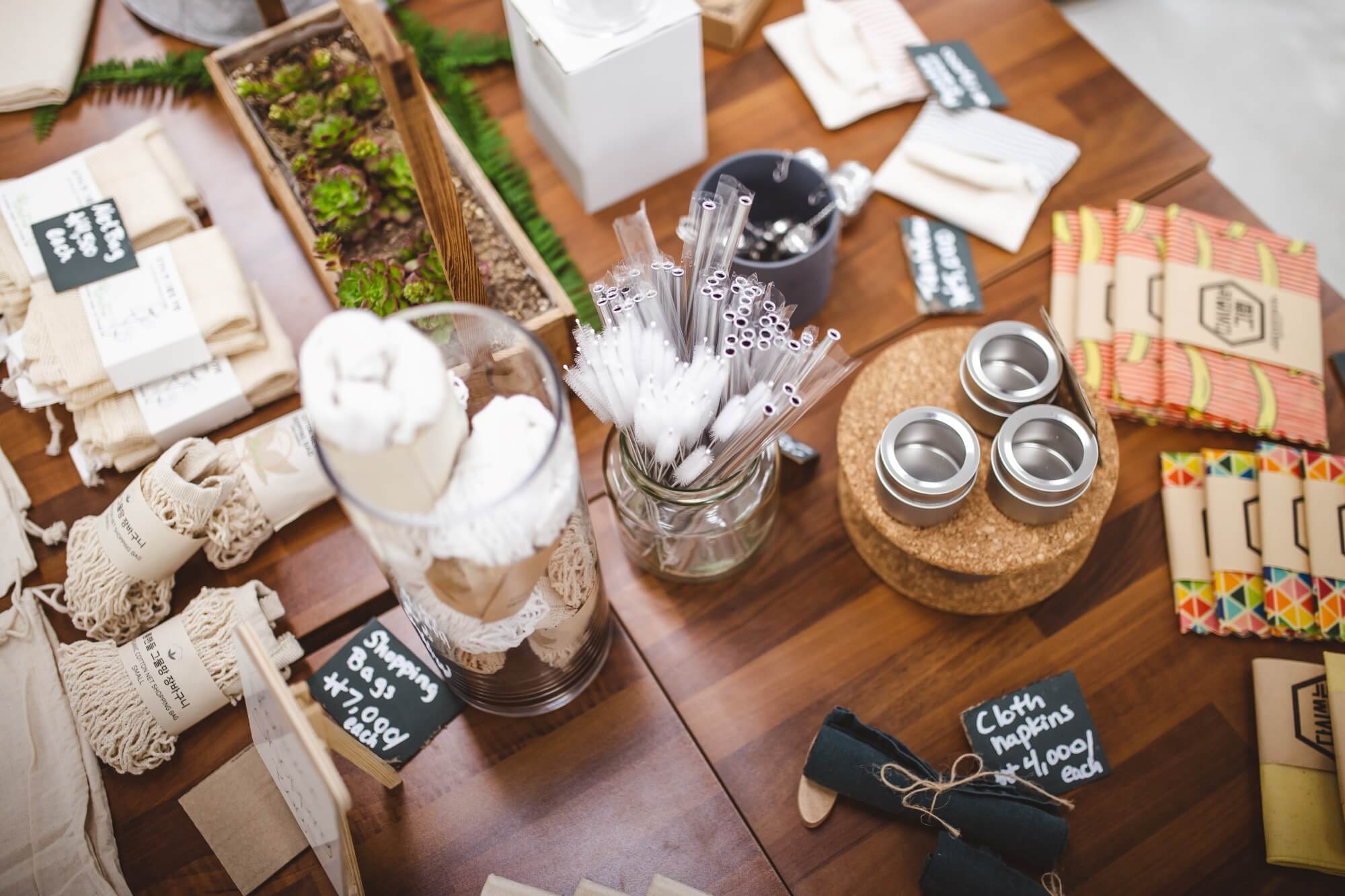
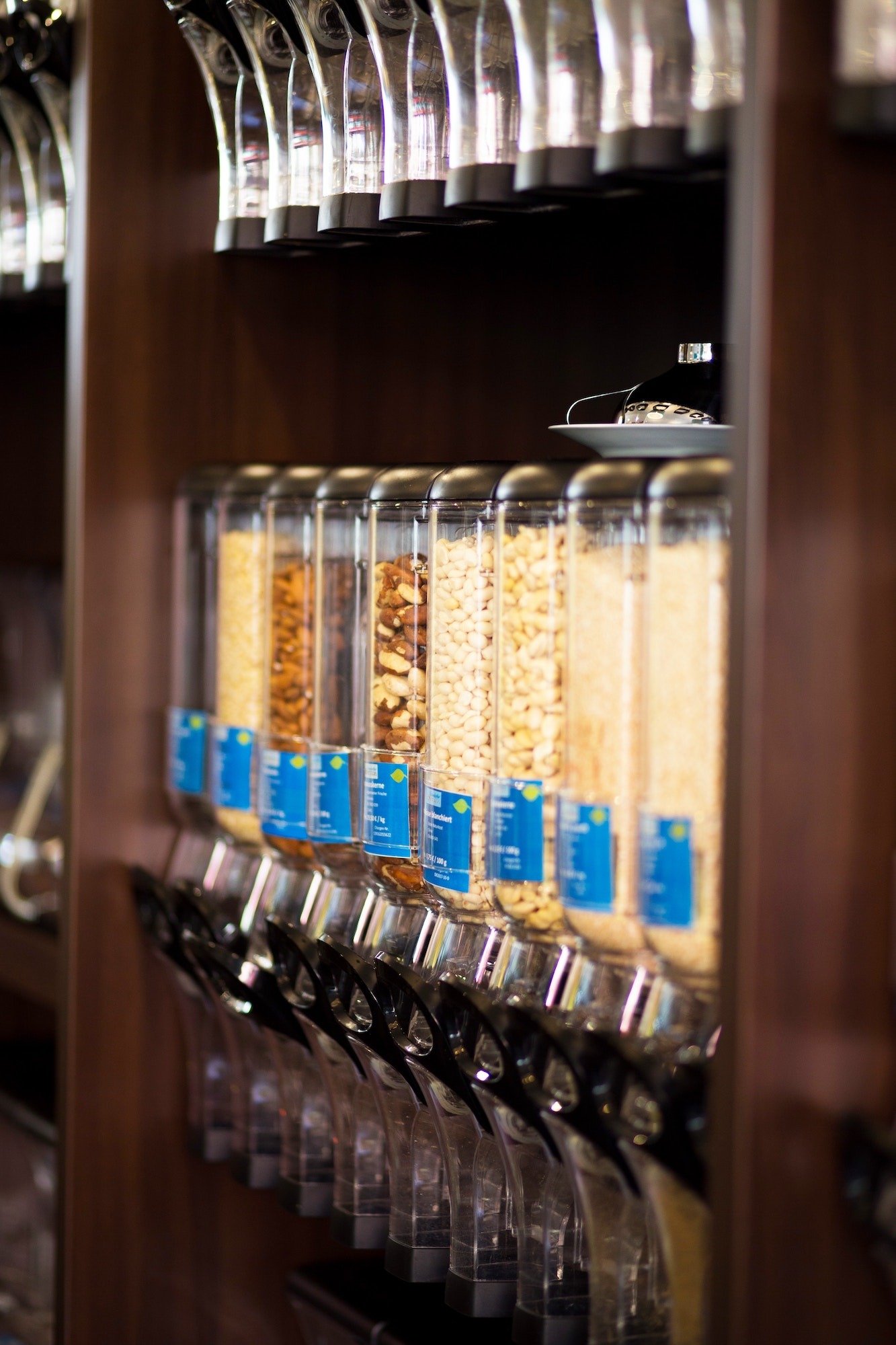
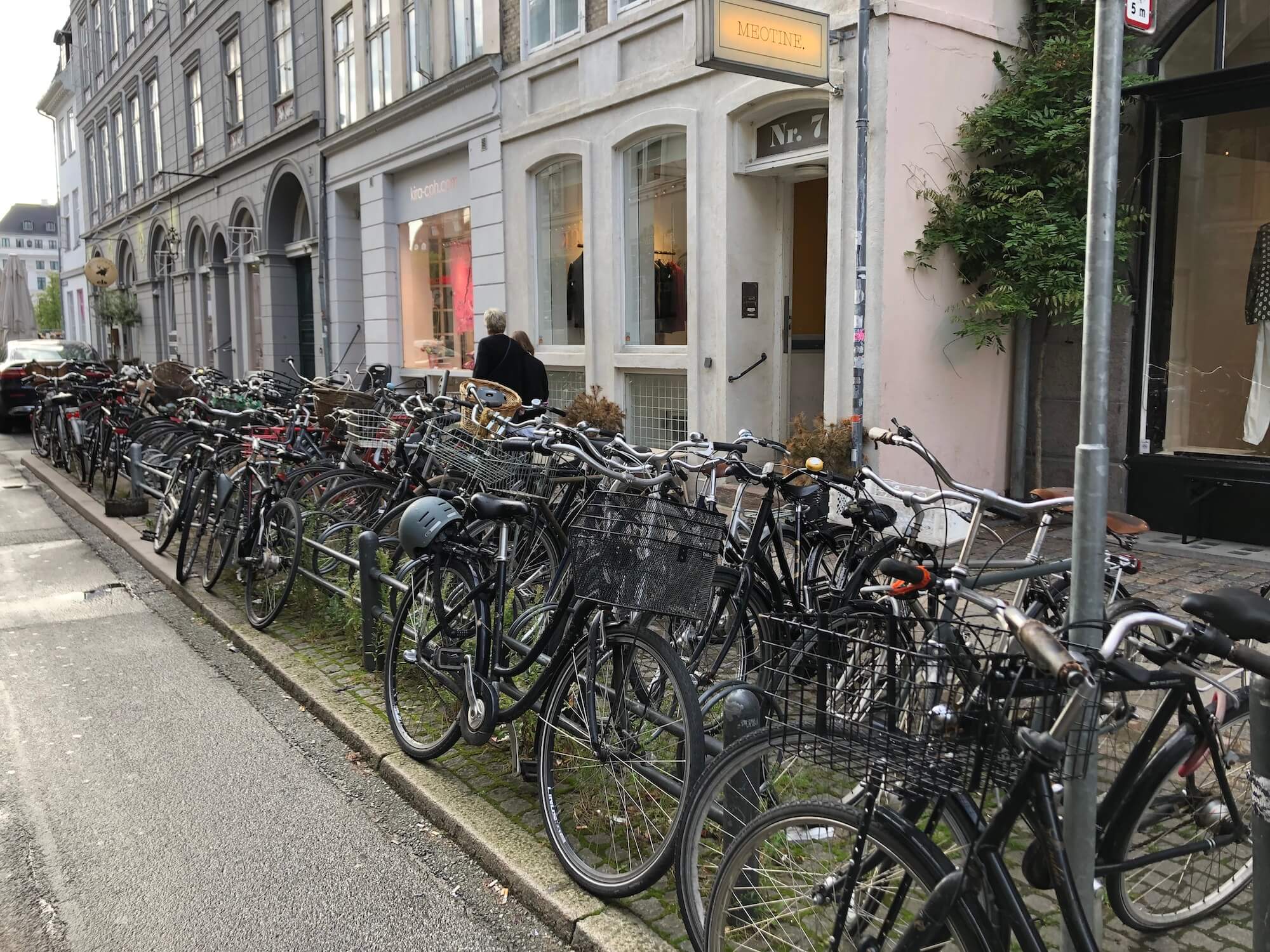

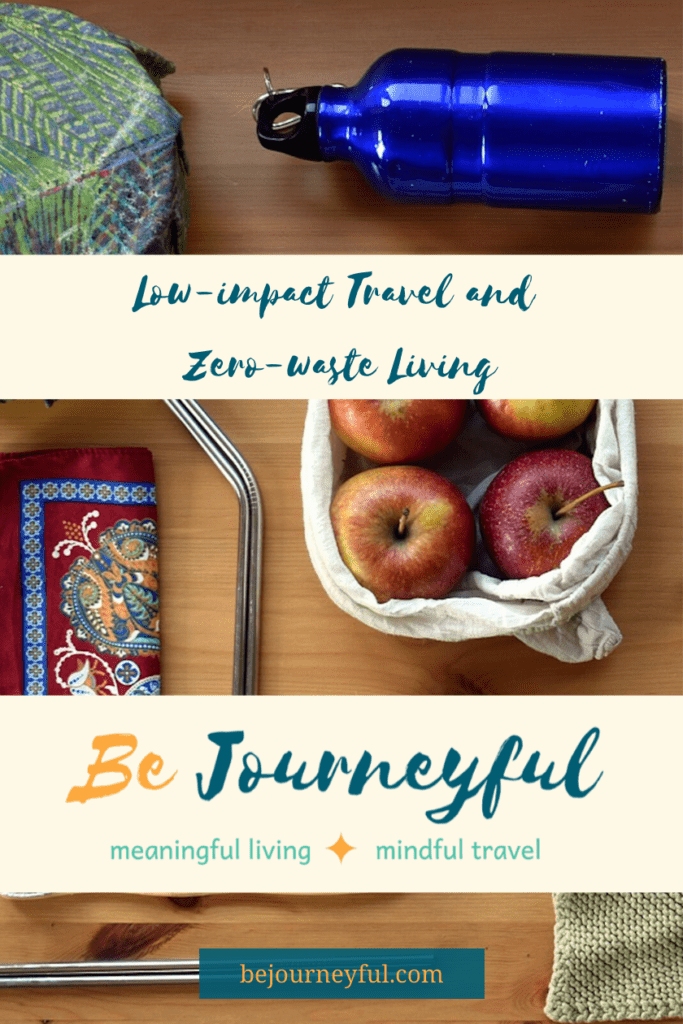
Recent Comments